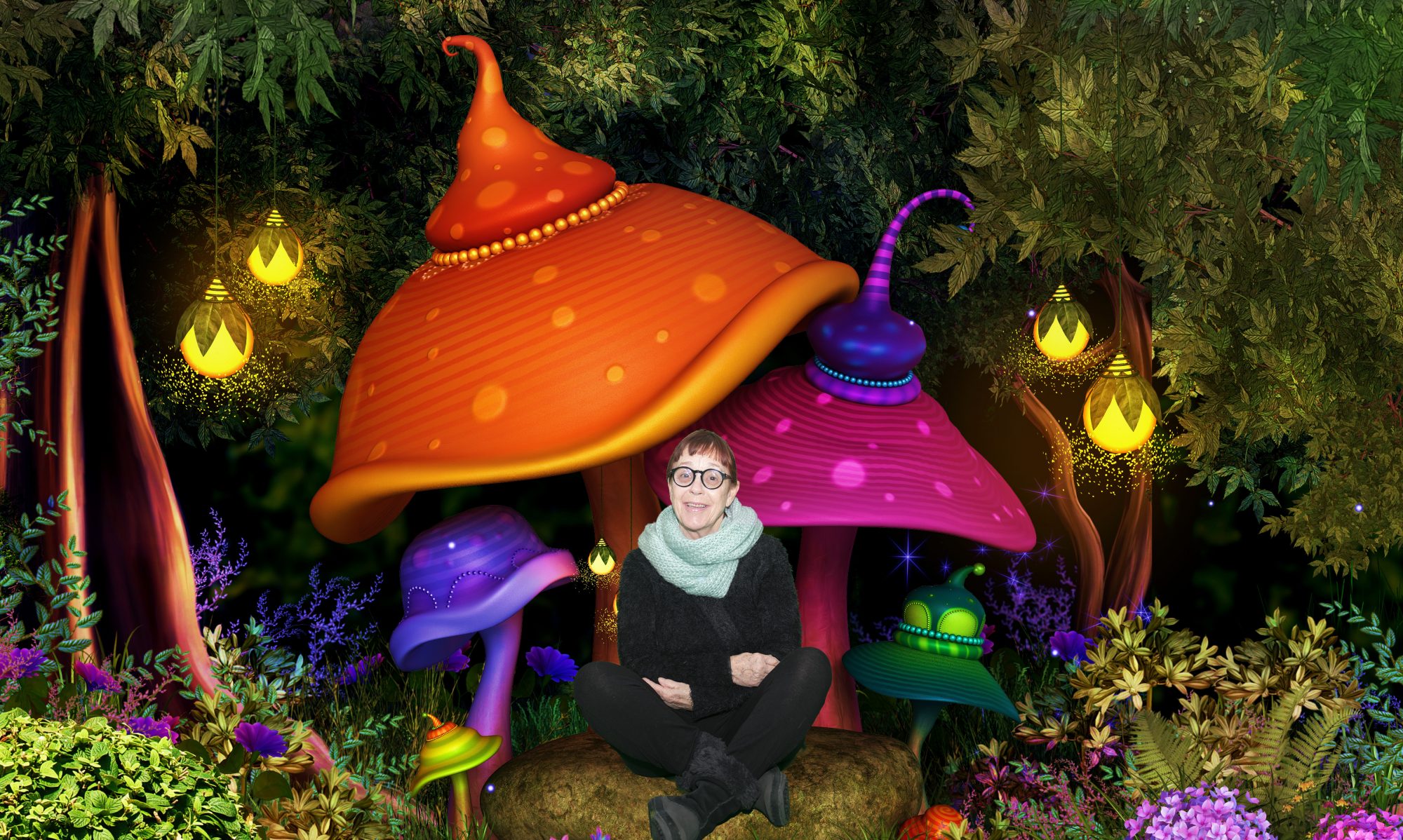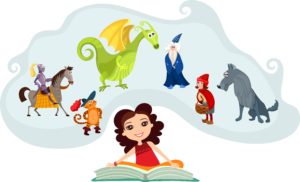
Victoria Carlton ~ The Child Whisperer
The World of Victoria Carlton

 IF MUSIC BE THE FOOD OF LOVE. . .
IF MUSIC BE THE FOOD OF LOVE. . .
Think about the first steps you took as a child. You were a baby when you first started walking and even though there were a few wobbles and you fell over more times than you stood up, your parents clapped and cheered. They smiled and encouraged you to keep trying.
Reading music and singing and clapping a rhythm is the same. Children are instinctively perceptive and will often listen to music to identify familiar melodies and rhythms. Music then grows out of an attempt to make sense of the world around them. Parents can encourage their child’s listening and focus by setting the scene with a favourite song so the child is able to instantly recall the sequence of events in the story. Children just beginning to read will often join in with singing their favourite song, even making up the words as they go…
When teaching children their ABC’s, learning occurs best when set to music. Music is everywhere, from memorable tunes in television shows, to background music played in and children learn to associate the beginning of their favourite television programme with the first chords of the song.
Young children are naturally wired for sound and it is so important that parents harness this ability by allowing children to experiment with rhythm, notation and sound. Overturned pots and pans, ladles and soup stirrers magically become musical instruments for the afternoon before returning to their more traditional, somewhat boring, role as dinner utensils by 5 o’clock. Mirrors and hairbrushes have the power to transform into a veritable stage-setup at bathtime, only to find their powers once again harnessed to the top of the tallboy by bedtime.
Music creates happiness like no other medium can. Whether it is singing into a shampoo bottle, dancing like no one is watching, acting out a play for Grandparents Day, or simply belting out a tune to bring a smile to mum’s face on Mother’s Day, music is a whole concept that fosters play, fun and laughter.
Greater mindfulness, improvement in memory skills, better experimental writing, reading with purpose are all skills being introduced and honed through the application of music. If music in the home can create a fun relaxed environment for harmony, cooperation and bonding, then play on!